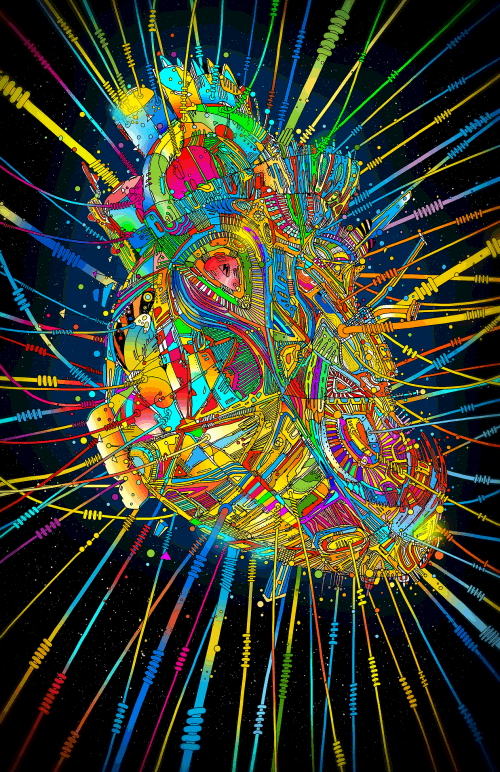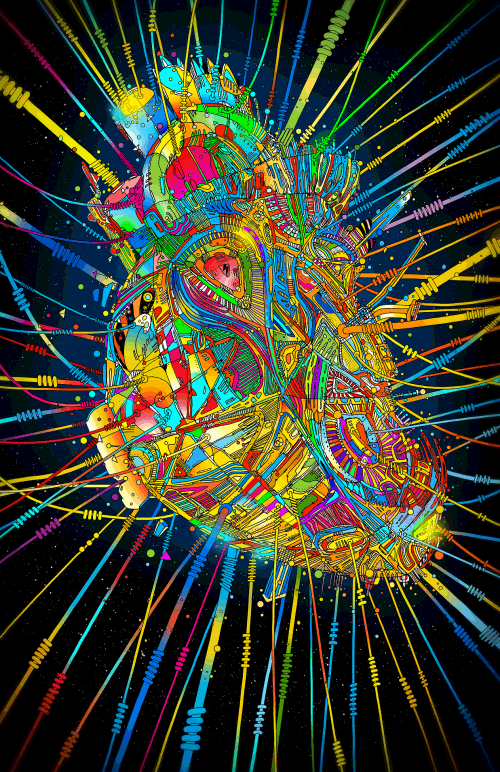This.
GDGD was the king of throwing short of the sticks on 3rd down. Opposing teams would always play up on our receivers. And GDGD would always have us chucking the bubble screen into that shit. Over and over and over.
There's nothing wrong with using the bubble screen to punish opposing defenses for playing too far off your receivers. But it should never be something showing up on every series. Unless the defense refuses to play up on you ever, you're probably not running it more than 2-3 times a game. Somehow GDGD decided we should run it 10+ times a game. Against defenses who weren't playing off the line. Which means it ended up as a wasted play a large amount of the time.
Another thing that always left me scratching my head with this shit was that we usually ran a modified form of the bubble screen. On the bubble screen, the receiver catching the ball is lined up closer to the QB and behind his blockers on that side of the field. The ball is snapped and he gets a running start where he's curving out further behind his teammates. This lets him get up to speed a bit before he ever reaches a defender. What we would do is just line up in essentially tight trips and one receiver would step back, stand stock still, and wait for the ball. No speed, no momentum, and the receiver is closer to the defenders who now just have to barge ahead to slow and/or stop the play. I suppose this would just be called a screen pass and isn't technically a bubble screen, though they're essentially trying to do the same thing. Either way, we sucked at it and we never stopped running it.
Also, it matters who your personnel are. A guy like Roy Williams could house that shit because he can beat a defender one on one. When you're lacking a huge dude like Roy, you also need someone out there who can actually throw a block. Towards the tail end of GDGD's and Mack's tenure here, they had neither. Constantly running the same shit and throwing short of the sticks works when you've got the athletes to out-muscle and out-quick the other team. It's a recipe for failure when you don't. Which kinda sums up Mack and Davis, don't it? Crush the inferior competition with your mega-athletes. Get worked by teams that you can't out-athlete to the tune of oh, I dunno, 65-13 or something like that.


